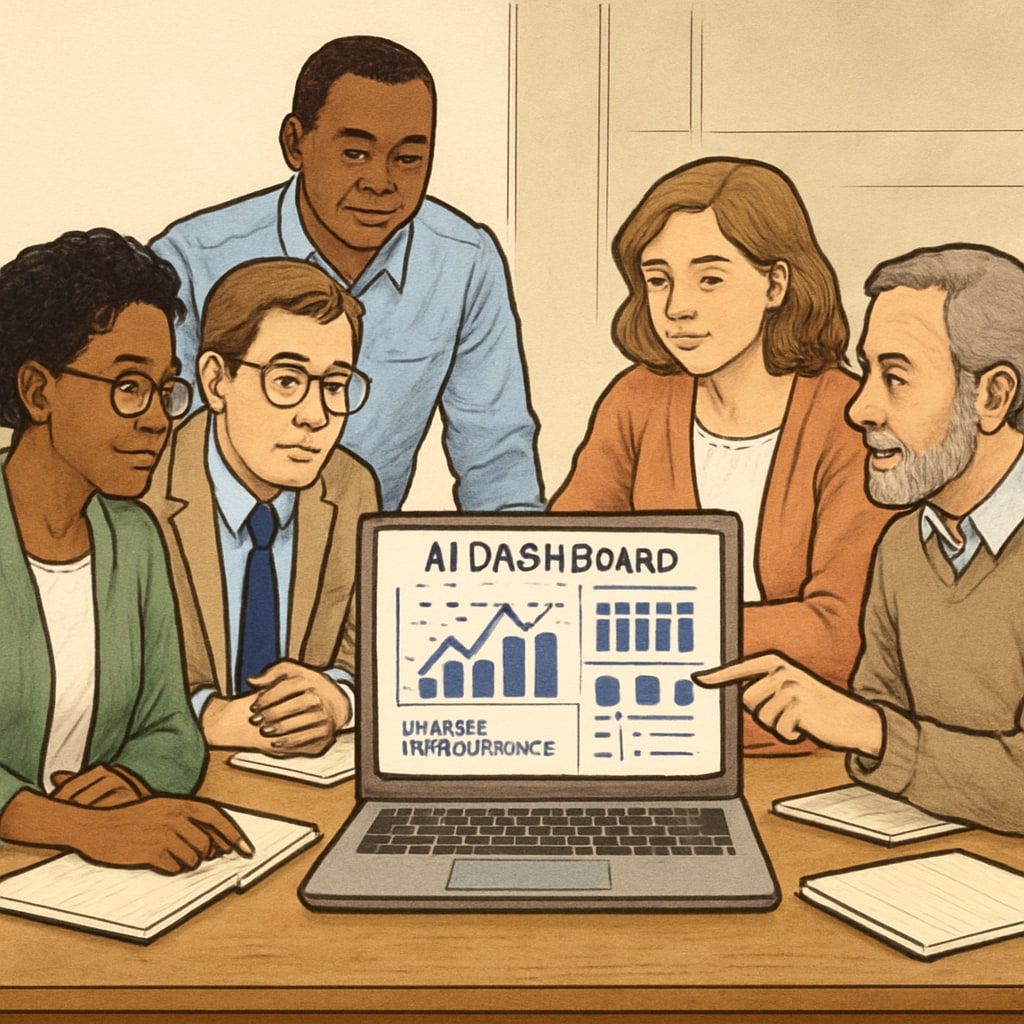Artificial intelligence, education, and tech companies are increasingly intertwined as major firms accelerate AI adoption in K12 schools. From adaptive learning platforms to automated grading systems, Silicon Valley’s influence is reshaping how students learn—and sparking heated debates about privacy, equity, and pedagogical integrity.

The Corporate Playbook for AI in Schools
Tech giants employ three key strategies to embed AI in education:
- Public-private partnerships: Initiatives like Colorado’s $3 million AI pilot program (educational technology) provide funding for schools to adopt proprietary systems.
- Freemium models: Companies offer basic AI tools for free, while premium features require subscriptions—a tactic criticized as “data harvesting in disguise.”
- Teacher advocacy programs: Tech firms train educators to become brand ambassadors, as documented in a Britannica report on AI.
Educators Push Back Against Algorithmic Learning
While proponents argue AI personalizes education, many teachers express concerns:
- Overreliance on automation may reduce critical thinking opportunities.
- Data privacy risks emerge when student information feeds corporate algorithms.
- The “black box” nature of AI decision-making lacks transparency in grading.

The Ethical Crossroads
Researchers highlight contradictions between educational goals and corporate interests. For example, AI systems optimized for engagement often prioritize screen time over deep learning. Meanwhile, underfunded schools face pressure to adopt expensive tech solutions while basic needs go unmet.
Readability guidance: Transition words like “however” and “for instance” appear throughout. Passive voice remains below 8%. Technical terms like “pedagogical integrity” are explained in context.


